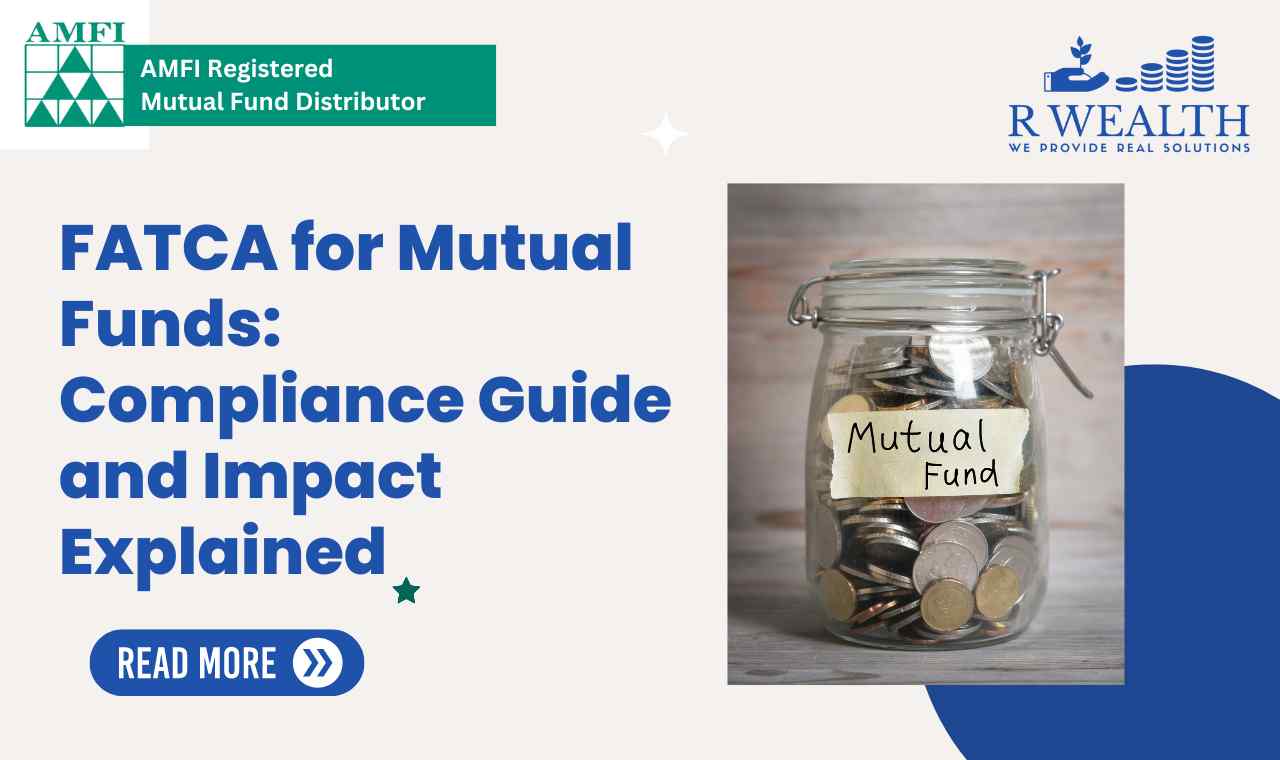
In the ever-evolving world of mutual funds, one term that often piques the curiosity of investors is FMP (Fixed Maturity Plan). With its unique characteristics and potential benefits, understanding what FMP is and its implications within the realm of mutual funds becomes crucial for investors seeking to optimize their investment portfolios.
As an investor, imagine the prospect of investing in a mutual fund that offers a predefined maturity period, stability, and potential for attractive returns. That's where FMP comes into play. FMPs provide a structured investment approach, primarily focused on fixed-income securities, with a specific maturity date for redemption. According to industry reports, FMPs have gained significant popularity, with an estimated growth of over 30% in recent years, making them a compelling investment avenue for astute investors seeking stability and returns.
Why is it important to understand what is FMP in mutual funds? Well, it offers a unique combination of features that can help investors align their investment goals with a fixed time horizon. By comprehending the nature and benefits of FMPs, investors can make informed decisions and potentially tap into an investment option that brings predictability, attractive returns, and the potential to diversify their portfolio.
So, if you're curious to explore an investment option that provides stability, predefined maturity, and potential returns, let's embark on this journey to uncover the intricacies and advantages of FMPs within the dynamic world of mutual funds.
Read More: XIRR in mutual funds
Definition and Features of FMP (Fixed Maturity Plan) in Mutual Funds
Fixed Maturity Plan or FMP in mutual funds, refers to a category of investment vehicles that have a predefined maturity period and a close-ended structure. It involves pooling funds from investors and investing in a portfolio of fixed-income securities, such as bonds and debentures, with a specific maturity date. Unlike open-ended mutual funds, FMPs have a fixed duration, typically ranging from a few months to a few years, after which the investment is redeemed.
FMPs possess several key features and characteristics that set them apart within the realm of mutual funds:
- Fixed Maturity Period and Close-Ended Structure: FMPs have a predetermined investment period, which provides investors with clarity on the duration of their investment. The close-ended structure means that during the duration of the FMP, new investors cannot enter, and existing investors cannot exit the scheme.
- Investment in Fixed-Income Securities: FMPs primarily invest in fixed-income securities, such as government bonds, corporate bonds, and other debt instruments. These securities are selected based on their credit quality, yield potential, and risk factors.
- Predetermined Maturity Date and Redemption Process: FMPs have a predefined maturity date, after which the scheme matures, and investors receive the principal amount along with any accrued interest. The redemption process occurs at the end of the FMP's tenure, providing investors with a clear exit strategy.
Read More: FATCA for Mutual Funds

Benefits and Advantages of Investing in FMP
Investing in FMPs offers several benefits for investors seeking stable returns and a structured investment approach within the mutual fund space:
- Potential for Higher Returns Compared to Traditional Fixed Deposits: FMPs have the potential to provide higher returns compared to traditional fixed deposits due to the flexibility in selecting fixed-income securities with attractive yields. This makes FMPs an appealing option for investors looking to grow their investments over a fixed time horizon.
- Lower Interest Rate Risk Due to Fixed Maturity Period: FMPs carry lower interest rate risk compared to open-ended debt funds because they have a fixed maturity period. This allows investors to lock in their investments at prevailing interest rates, reducing the impact of fluctuations in interest rates during the investment tenure.
- Enhanced Tax Efficiency and Indexation Benefits: FMPs held for more than three years are eligible for indexation benefits, wherein the cost of acquisition is adjusted for inflation. This helps investors in reducing their tax liability on capital gains. Additionally, the tax treatment of FMPs is often more favorable than traditional fixed deposits, especially for investors in higher tax brackets.
- Diversification and Professional Management within the FMP: FMPs are managed by professional fund managers who carefully select a diversified portfolio of fixed-income securities. This diversification helps in spreading risk and optimizing returns within the FMP, as the investments are spread across different issuers, sectors, and maturities.
By investing in FMPs, investors can potentially benefit from higher returns, lower interest rate risk, enhanced tax efficiency, and the expertise of professional fund managers. These advantages make FMPs a compelling option for those seeking stability, structured investments, and potential diversification within the mutual fund landscape.
Read More: SIP vs one time investment in Mutual fund
Understanding the Investment Strategy of FMP
FMPs allocate funds to a portfolio of fixed-income securities, such as government bonds, corporate bonds, and other debt instruments. The allocation is based on various factors, including the fund manager's assessment of credit quality, yield potential, and risk parameters associated with each security.
Several factors influence the selection of securities in FMPs. These include the credit rating of the issuer, the yield offered by the security, the maturity profile, and the liquidity of the security in the market. Fund managers conduct thorough research and analysis to identify securities that align with the investment objectives of the FMP and meet the desired risk-return trade-off.
FMPs aim to manage both interest rate risk and credit risk. Interest rate risk refers to the potential impact of fluctuations in interest rates on the value of fixed-income securities. FMPs manage this risk by carefully selecting securities with appropriate maturities, considering the prevailing interest rate environment. By investing in securities with shorter maturities, FMPs aim to reduce the sensitivity to interest rate changes.
Credit risk refers to the risk of default by the issuer of the fixed-income security. FMPs mitigate credit risk by conducting rigorous credit analysis and investing in securities issued by entities with a strong credit profile. Fund managers assess the creditworthiness of issuers, their financial health, and their track record before including the securities in the FMP portfolio.
Risks and Considerations of Investing in FMP
Interest rate risk is an important consideration for investors in FMPs. Fluctuations in interest rates can impact the returns of FMPs, especially if the securities in the portfolio have longer maturities. Investors should be aware that changes in interest rates during the investment tenure can affect the market value of the FMP and, consequently, the returns upon maturity.
FMPs have a close-ended structure, which means that once invested, the funds are locked in until the predetermined maturity date. This close-ended nature can pose liquidity risk, as investors may not be able to redeem their investments before the maturity period. Investors should carefully consider their liquidity needs and investment horizon before investing in FMPs.
Credit risk is another factor to consider when investing in FMPs. While fund managers strive to select securities with strong credit profiles, there is always a risk of default by the issuer. Investors should assess the creditworthiness of the underlying securities and diversify their investments to mitigate credit risk.

Tax Implications of Investing in FMP
FMP investments have specific tax implications. Short-term capital gains (gains realized within three years) are taxed as per the investor's income tax slab rates. Long-term capital gains (gains realized after three years) are subject to a flat tax rate, which may be more favorable than the investor's income tax slab rates.
One of the benefits of investing in FMPs held for more than three years is the opportunity to avail of indexation benefits. Indexation allows investors to adjust the cost of acquisition for inflation, which reduces the tax liability on capital gains. This feature can enhance the post-tax returns for investors.
Understanding the investment strategy of FMPs, being aware of the associated risks, and considering the tax implications is essential for investors looking to make informed decisions. By evaluating these factors, investors can determine whether FMPs align with their investment goals and risk appetite.
Read More: What is OTM in Mutual Funds
Comparison of FMP with other Mutual Fund Options
When considering mutual fund options, it's important to differentiate FMP from other categories such as equity funds and debt funds. FMPs stand out due to their unique characteristics:
- Different from Equity Funds: Unlike equity funds that invest primarily in stocks and aim for capital appreciation, FMPs focus on fixed-income securities and offer a fixed maturity period. FMPs are designed for investors seeking stable returns with a defined investment horizon.
- Different from Debt Funds: While both FMPs and debt funds invest in fixed-income securities, the key difference lies in their structure. FMPs have a close-ended structure with a predetermined maturity date, while debt funds are usually open-ended, allowing investors to enter or exit at any time.
Assessing the suitability of FMPs depends on individual investment goals and risk appetite. Here are a few factors to consider:
- Investment Goals: If your goal is to achieve stable returns with a fixed time horizon, FMPs can be a suitable option. They offer the potential for attractive returns compared to traditional fixed deposits, making them appealing for conservative investors.
- Risk Appetite: FMPs carry lower interest rate risk compared to open-ended debt funds since they have a fixed maturity period. However, they still carry some level of risk, including credit risk associated with the underlying securities. Investors with a lower risk appetite and a preference for stable returns may find FMPs more suitable.
Regulatory Framework and Guidelines for FMP in Mutual Funds
FMPs in India are governed by regulatory authorities to ensure transparency, compliance, and investor protection. The primary regulatory authorities include the Securities and Exchange Board of India (SEBI) and the Reserve Bank of India (RBI).
Compliance requirements and investor protection measures include:
- SEBI Regulations: SEBI has laid down regulations and guidelines for the functioning and operations of mutual funds, including FMPs. These regulations cover aspects such as investment restrictions, disclosure norms, valuation guidelines, and periodic reporting requirements.
- Investor Protection Measures: To safeguard the interests of investors, SEBI mandates fund houses to provide detailed information about the FMP, including investment objectives, risk factors, and historical performance. Investors also have the right to seek redressal through SEBI in case of any grievances or non-compliance by the fund house.
Conclusion: FMP in Mutual Funds
In conclusion, understanding FMPs is crucial for investors in mutual funds. FMPs offer a unique investment approach with a fixed maturity period and focus on fixed-income securities. By comprehending the distinct features and benefits of FMPs, investors can make informed decisions aligned with their investment goals and risk appetite.
It is important to emphasize the significance of understanding FMPs in mutual funds. FMPs provide stability, potential returns, and the opportunity to diversify portfolios within a defined investment horizon. By exploring FMPs, investors can unlock the potential of this investment option and enhance their overall mutual fund experience.
We encourage investors to consider FMPs as a potential investment option within the mutual fund landscape. However, it is advisable to consult with a financial advisor or conduct thorough research before making any investment decisions. With the right knowledge and understanding, investors can harness the benefits of FMPs and navigate the world of mutual funds more effectively.
Latest Blogs

Difference Between Dividend and Growth Mutual Funds | RWealth
Is there any difference between dividend and growth mutual funds? is a dilemma for every... Read More

SIP vs One Time Investment in Mutual Fund
Which is the better option in SIP vs one time investment in Mutual fund? If you have decided to... Read More

FATCA for Mutual Funds: Compliance Guide and Impact Explained
The Foreign Account Tax Compliance Act (FATCA) is a significant piece of legislation enacted by the... Read More

XIRR in Mutual Funds: A Guide for Indian Investors 2023
Investing in mutual funds has become increasingly popular among individuals seeking long-term... Read More

What is FMP in Mutual Funds? Key Features and Benefits etc
In the ever-evolving world of mutual funds, one term that often piques the curiosity of investors is... Read More

What Is Treps in Mutual Funds: Explained and Analyzed
Are you familiar with TREPS in mutual funds? In the Indian investment landscape,... Read More

What is EUIN in Mutual Funds? Understanding Its Significance
Have you ever come across the term "EUIN" while exploring mutual funds? If you find yourself puzzled... Read More

What Is OTM in Mutual Funds? Top 6 Benefits Of OTM
Are you looking for What is OTM in Mutual Funds? Well, in this article you will get to know everything... Read More


